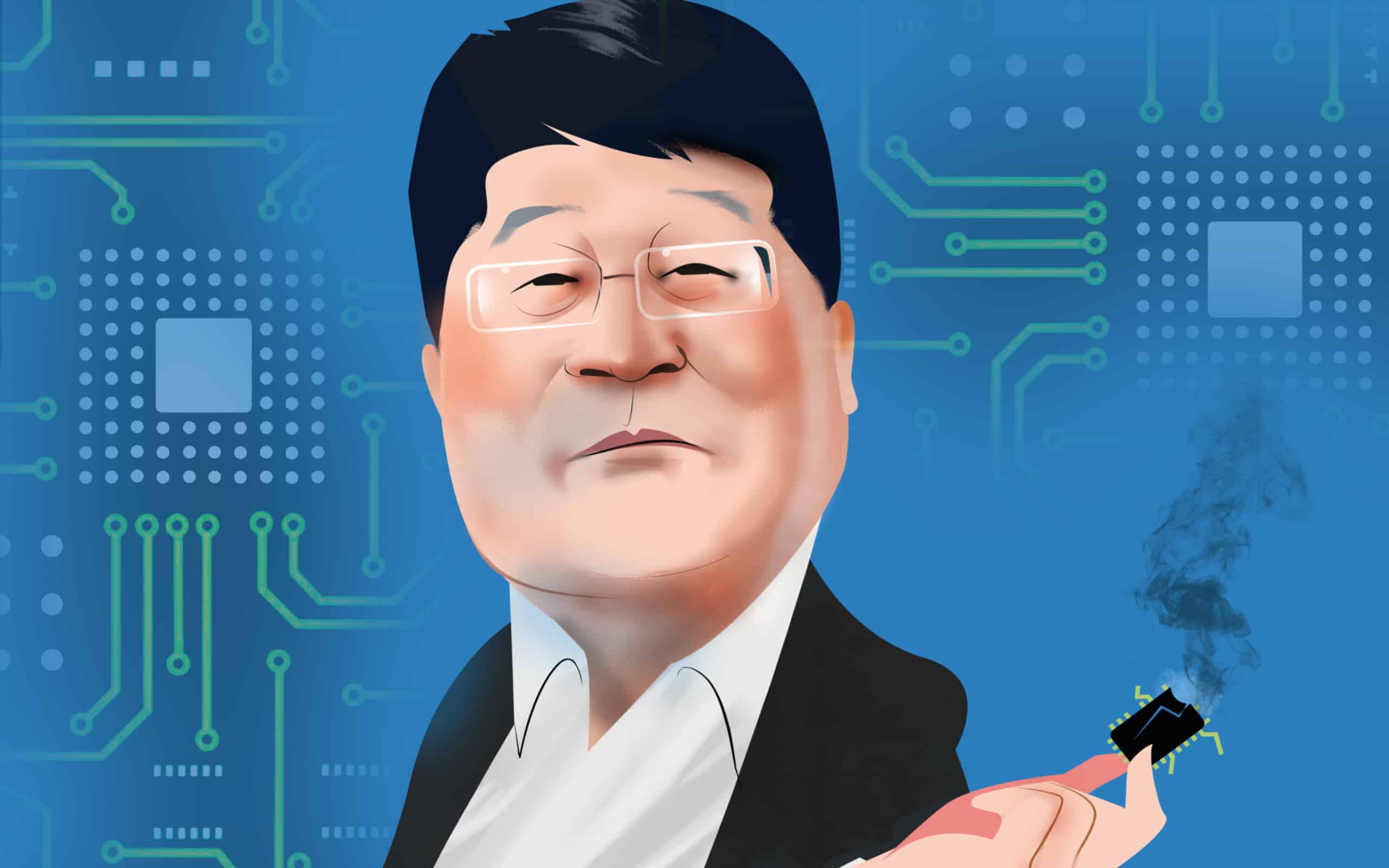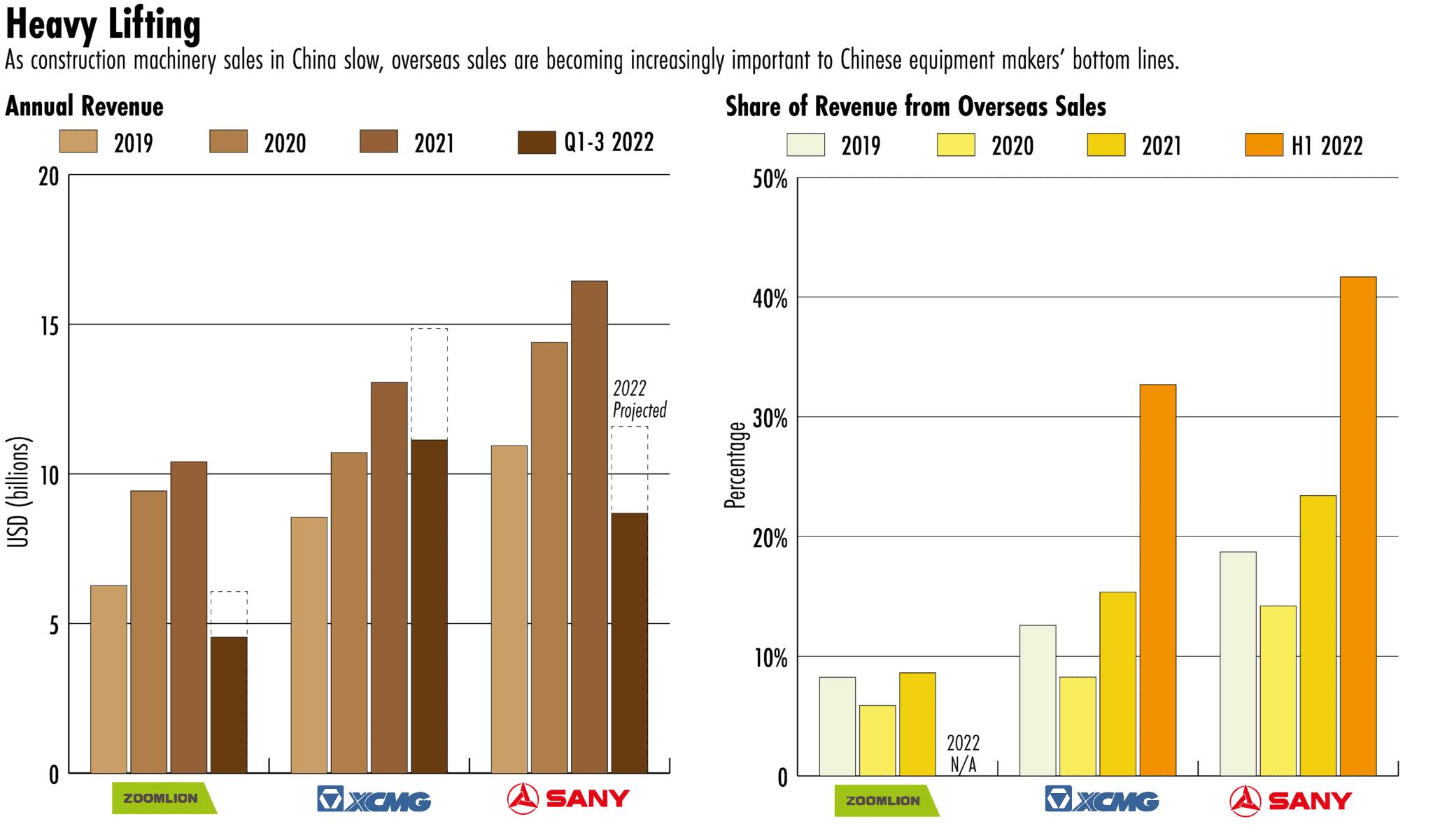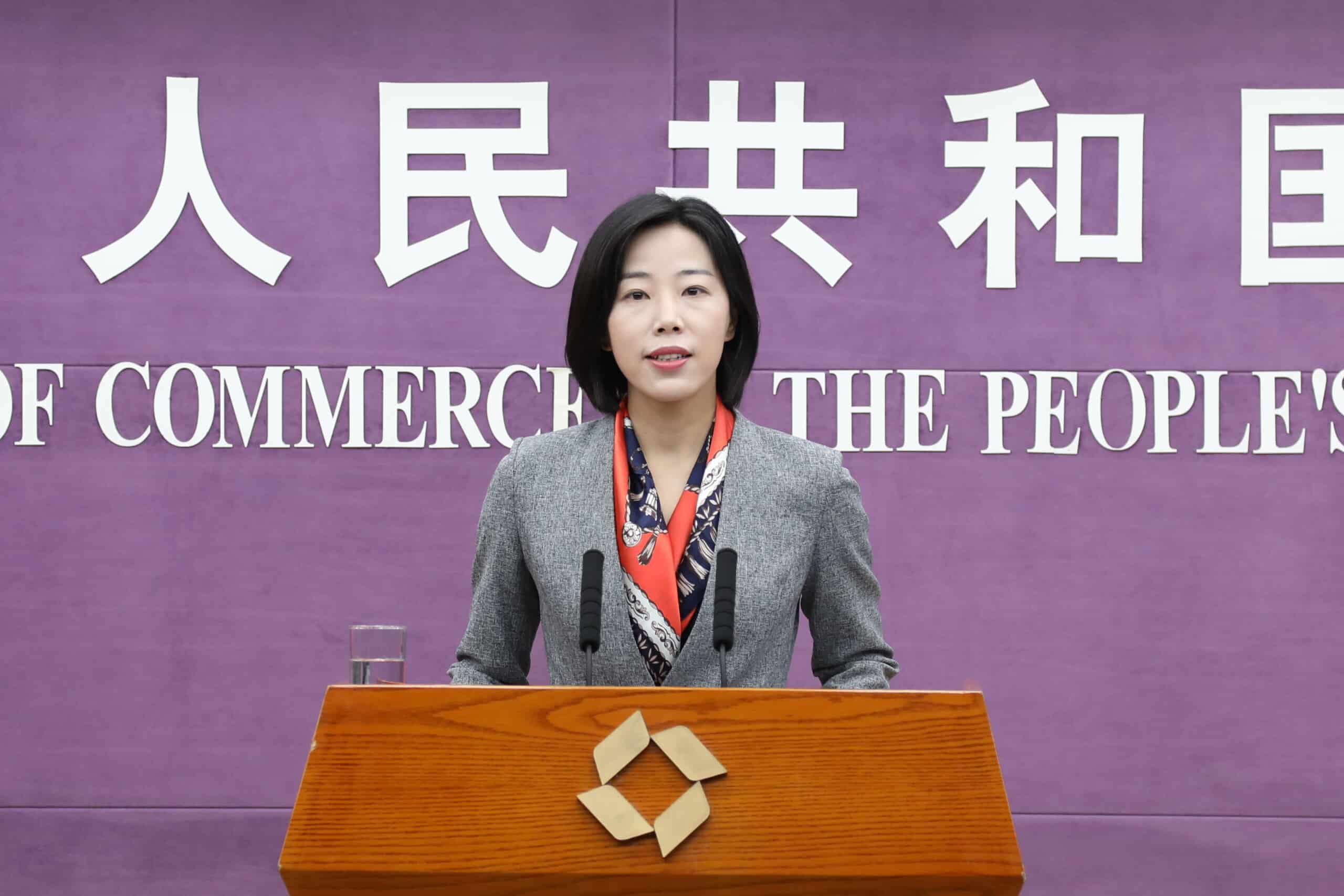Good evening. Zhao Weiguo was just the man to lead Tsinghua Unigroup and China’s big push into semiconductors — until he wasn’t. Our cover story this week takes you inside Zhao’s daring rise, his epic fall (capped by his arrest last July), and what might lie ahead for the state-backed semiconductor giant. Elsewhere, we have infographics on China’s heavy machinery giants; an interview with Thea Lee, a Labor Department official, about tracing supply chains and protecting workers; a reported piece on if China is losing its luster for foreign direct investment; and an op-ed about why Chinese policymakers must break the cycle of pessimism to restore GDP expansion. If you’re not already a paid subscriber to The Wire, please sign up here.
Want this emailed directly to your inbox? Sign up to receive our free newsletter.

The Semiconductor Madman
When Zhao Weiguo was named CEO of Tsinghua Unigroup, he was just the kind of hard-charging and daring businessman needed to rescue the state-backed company. But with China’s big chip ambitions now stalling — and Zhao now in jail — the path forward for one of China’s most elite semiconductor companies is less clear. Brent Crane reports.

The Big Picture: Paving the Way for International Profits
Since China’s real estate crisis hit in 2020, the top Chinese firms for heavy equipment have experienced double-digit growth overseas. This week’s infographics by Eliot Chen look at China’s heavy machinery giants: who they are, what they’re building, and what it means for the industry’s longtime incumbents, like Caterpillar in the U.S. and Komatsu in Japan.
A Q&A with Thea Lee

For nearly all her career at the AFL-CIO and the Economic Policy Institute, Thea Lee has focused on defeating new free-trade agreements, arguing that pacts like NAFTA and efforts by the U.S. to ease China’s entry into the WTO undermined workers in the United States. In 2021, President Biden named her Deputy Undersecretary of Labor for International Labor Affairs — essentially the department’s top labor diplomat. In this week’s Q&A with Bob Davis — part of our series Rules of Engagement — she talks about tracing supply chains, enforcing the Uyghur Forced Labor Prevention Act, and why labor rights problems in China are so systemic.
Thea Lee
Illustration by Kate Copeland

Is China Losing its Luster for Direct Investment?
China’s official data would suggest not: foreign direct investment inflows into the country hit a record high in 2021. But a new report says a significant chunk of the official figures include money flowing into China’s stock and bond markets — which do not count as direct investment. As Isabella Borshoff reports, the question now is whether the end of ‘zero-Covid’ will entice foreign businesses to come back — or whether political risk will continue to dampen enthusiasm for foreign investment into China.

Can China Save Its Economic Miracle?
While China’s government has rolled back its strict zero-COVID regime, it faces multiple short-, medium-, and long-term challenges that could impede economic growth. To restore rapid GDP expansion, Shang-Jin Wei argues in this week’s op-ed, Chinese policymakers must break the cycle of pessimism and recover lost household and corporate confidence.
Subscribe today for unlimited access, starting at only $19 a month.



